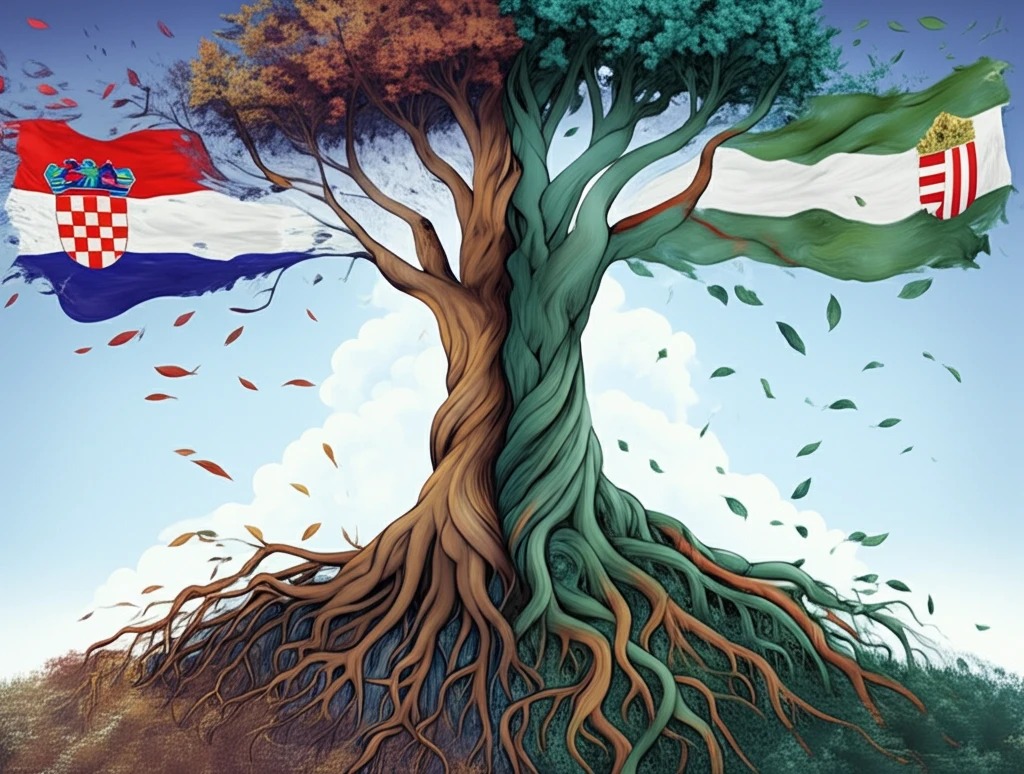
Bridging Divides: How Croatia and Hungary Navigate Shared History for a Stronger Future
"Uncover the intricate relationship between Croatia and Hungary through historical analysis and modern cooperation."
The relationship between Croatia and Hungary is a tapestry woven with threads of shared history, political alliances, and cultural exchanges. For centuries, these two nations have been intertwined, navigating periods of cooperation and conflict. Understanding this intricate dynamic is crucial for appreciating the modern relationship between Croatia and Hungary and the broader context of Central European history.
This article delves into the historical complexities that have shaped Croatian-Hungarian relations, focusing on key moments such as the Austro-Hungarian Compromise of 1867 and the Croatian-Hungarian Agreement of 1868. By examining these pivotal events, we can gain insights into the challenges and opportunities that have defined the interactions between these two nations.
Furthermore, we will explore how contemporary scholars and political figures are working to address historical grievances and foster a spirit of collaboration. Through conferences, joint research projects, and cultural initiatives, Croatia and Hungary are actively engaged in building a stronger, more resilient future based on mutual understanding and respect.
The Austro-Hungarian Empire: A Foundation of Unity and Division

The Austro-Hungarian Empire (1867-1918) served as the backdrop for much of the Croatian-Hungarian relationship. While it provided a framework for political and economic cooperation, it also sowed seeds of discord. The empire's structure, characterized by dualism, granted significant autonomy to Hungary while Croatia's position remained more constrained.
- Economic Disparities: Croatia contributed more financially than it received, leading to resentment.
- Political Control: Hungary retained significant control over Croatian affairs, limiting Croatian autonomy.
- Unfulfilled Aspirations: Croatian desires for unification with other Croatian lands were frustrated.
Forging a Shared Future: Lessons Learned and Paths Forward
The journey through Croatian-Hungarian history reveals the enduring power of shared experiences and the importance of addressing past grievances. By acknowledging the complexities of their intertwined past, Croatia and Hungary can continue to build a stronger, more equitable relationship based on mutual respect and understanding. Future collaborations should focus on promoting cultural exchange, economic cooperation, and joint initiatives that benefit both nations.
